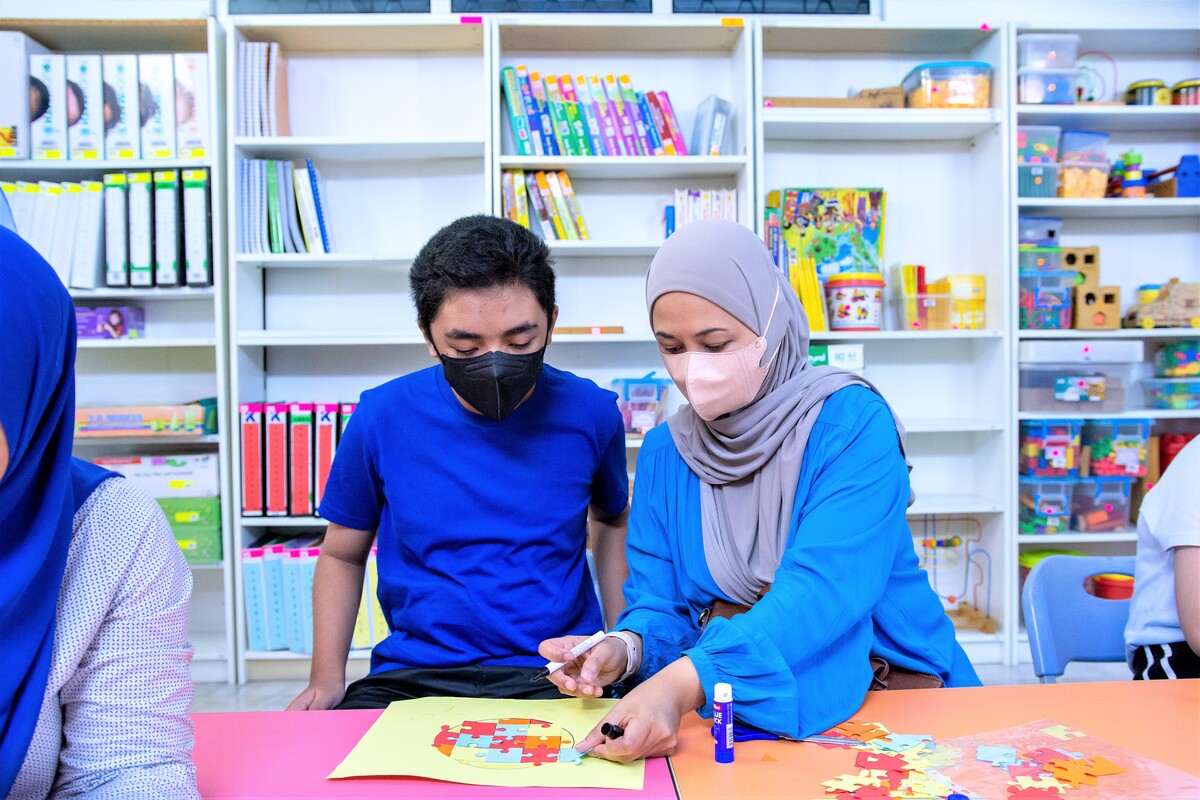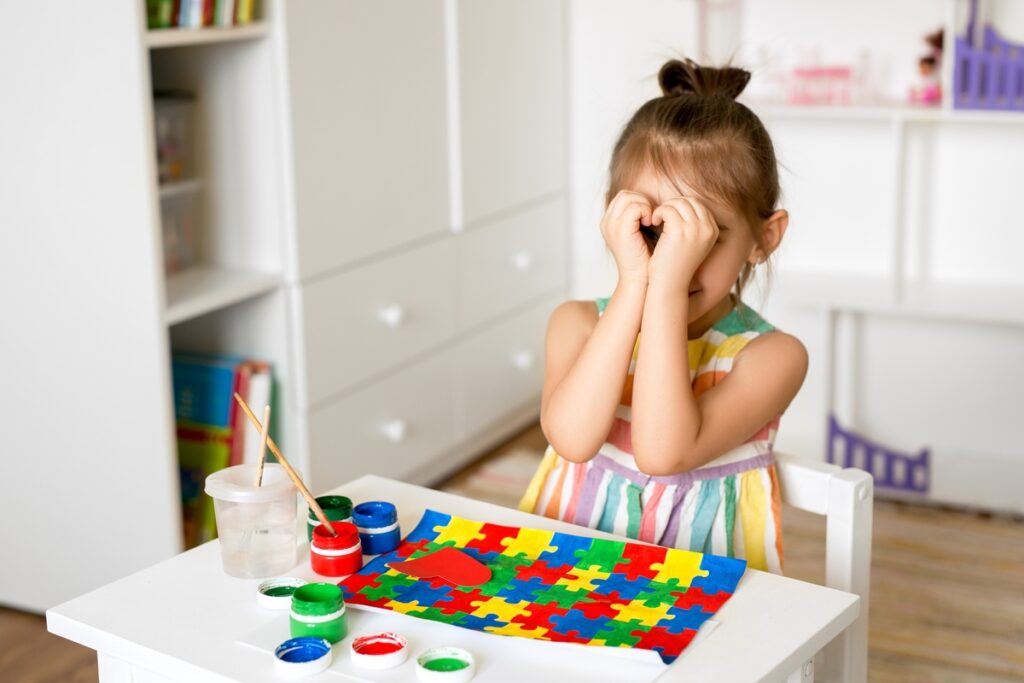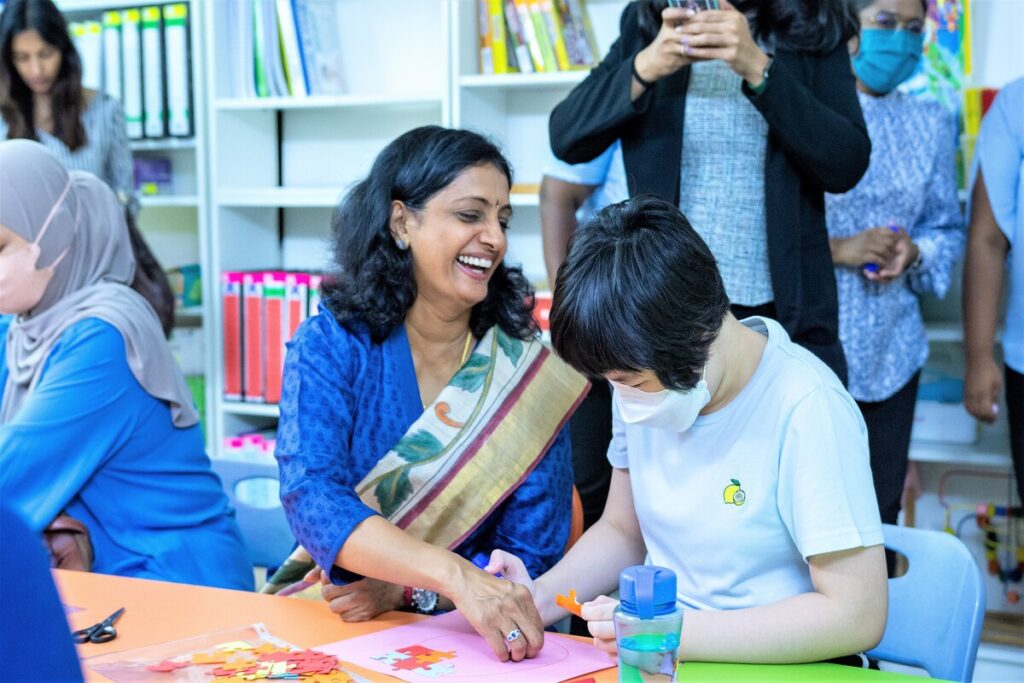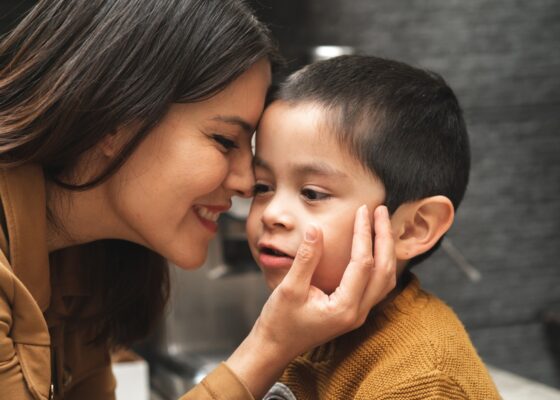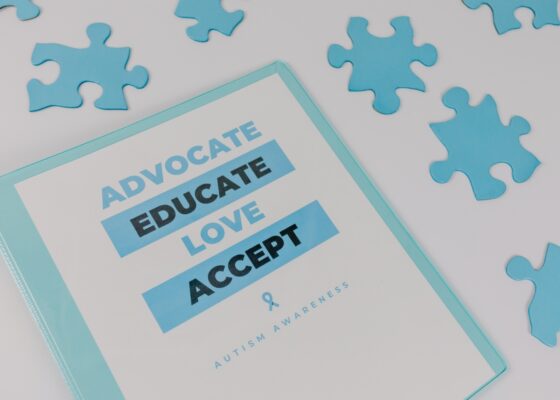Autism Awareness Month: Nurul Aini and Ishaan’s Journey of Empowerment
His achievements might seem trivial, but they are tremendous accomplishments.
April is Autism Awareness Month and an opportune time to share personal stories that help spread awareness and acceptance of autism spectrum disorder (ASD) – the diagnosis of which has risen steadily in Malaysia over the last decade.
In 2021, 589 children aged 18 and below were diagnosed with ASD, up 5% from 562 children in 2020. In 2010, only 99 children under 18 were diagnosed with ASD (Health Ministry).
Here is the second of two deeply personal experiences shared with sincerity and emotion during Taarana School’s Autism Awareness Month celebration:
Autism Acceptance: A Different Way of Being
“If a person is born left-handed, must they be cured? No. A left-handed person will learn to adapt and adjust to the world of most right-handed people,” Nurul Aini Osman, the mother to Taarana School student Ishaan, said.
“It is the same with autism. It is not a disease that needs to be cured. It is a different way of being; people with autism can learn to live and thrive like anyone else. As parents, we must support and help our children reach their full potential.”
Thirteen-year-old Ishaan was semi-verbal and showed signs of hyperlexia (advanced and unexpected reading skills and abilities in children beyond their age.) when diagnosed with autism. By age four, he could spell words using blocks but could not communicate verbally with his family.
“I accepted then that this was how we would communicate with Ishaan. So, we got him an iPad – which he knew how to use immediately – so he could spell words and interact with us. For example, if he wanted to watch TV, he would spell ‘television,’ ‘Nickelodeon,’ or ‘SpongeBob’ on the device.”
She recounted how Taarana had remarkably facilitated Ishaan’s holistic development through the various stages of his life. “When my son enrolled at Taarana in 2016, he was semi-verbal, which means he knew a few words but could not communicate well.
“He cried a lot in his few months here, but the principal assured me that patience was crucial and that he would improve. And he did. Six months later, he began talking and has not stopped since!” Nurul Aini laughed.
She also shared her gratitude for Taarana for providing them tremendous support and a sense of belonging and community.
“We have experienced so many firsts at Taarana. He began using a spoon, eating, brushing his teeth, and using the bathroom – all on his own! His achievements might seem trivial to many, but they are tremendous accomplishments to us. I can never thank the dedicated teachers enough because they have seen him through all his stages.”
Autism: Recognising and Including Everyone
She expressed concern about how Ishaan will cope with the challenges of living in a world that does not always accept people with autism.
“As those with autism become adults, people are less compassionate and forgiving. They forget that this is the same person with the same condition, so we must remind the public that the adult is still the same kid deep inside.
To Nurul Aini, acceptance is about finding a new way to live your life, even when it differs from what you expected. It is about finding joy in the present moment, even when the future is uncertain.
“I learned to accept that no matter what I plan, his future can never be certain of how life and the world will treat him, and I’m still learning to accept that I have no control over either.”
The doting mother called for society to emphasise accepting and including the autistic and children with special needs in our communities. The first step towards this is for parents to create a more inclusive environment for their children.
“If we want people to accept our kids, we must first accept them and embrace their condition to prepare them to live and function in a neurotypical world.”

